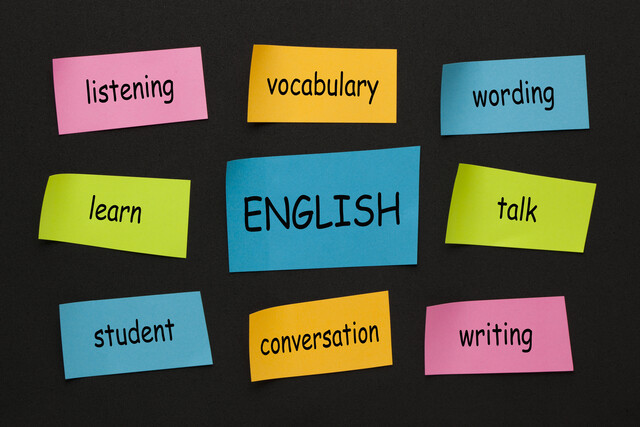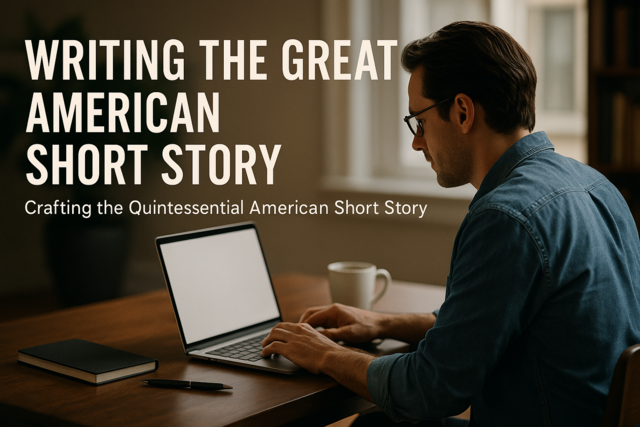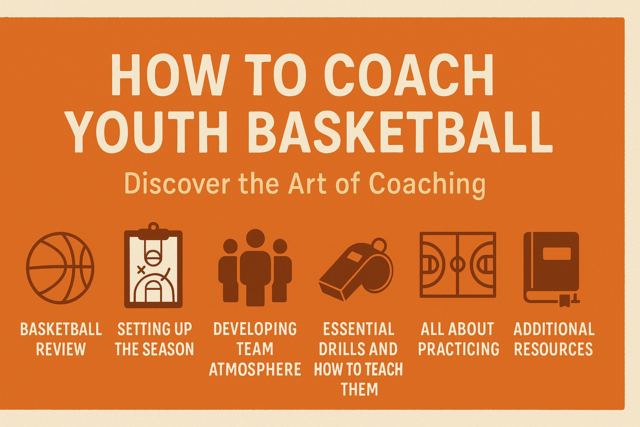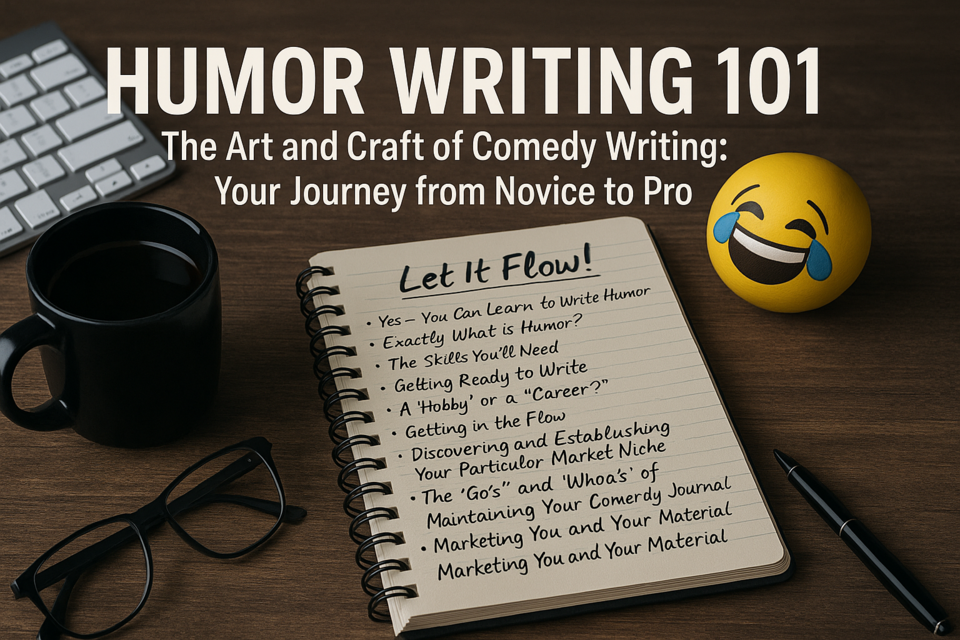Nonfiction Writing 101
Learn to Write Nonfiction that Sells!

9 Hours average completion time
0.9 CEUs
13 Lessons
29 Exams & Assignments
217 Discussions
13 Videos
13 Reference Files
130 Articles
Mobile Friendly
Last Updated December 2025
Mastering the Craft of Nonfiction Writing
In a world oversaturated with information, the art of nonfiction writing stands as a testament to the pursuit of truth, authenticity, and in-depth exploration of experiences and events. From the comprehensive histories penned by biographers to the daily news snippets curated by journalists, nonfiction embodies an expansive spectrum of writing that roots itself in verifiable reality.
Recent data suggests that the consumption of nonfiction content, particularly online, has seen a surge with the growing demand for genuine, insightful, and well-researched information. In such a climate, equipping oneself with superior nonfiction writing skills can be a game-changer.
Welcome to our advanced course in nonfiction writing, where we endeavor to hone your skills beyond rudimentary levels, readying you for the competitive world of content creation and publishing. This course delves deep into not just the 'how' but also the 'why' of nonfiction writing, ensuring a holistic learning experience.
Lesson 1: The Editor's Perspective
Before pen meets paper, learn the mindset of an editor. Understand the nuances of content selection, quality control, and reader engagement from an editorial vantage point.
Lesson 2: Deciphering the Format
Is it an article, a project, or a book you wish to write? Determine the ideal format for your content based on its length, depth, and target audience.
Lesson 3: Crafting the Perfect Subject & Title
Discover techniques to select compelling subjects, design captivating titles, and engage your reader from the get-go.
Lesson 4: In-depth Research
Good nonfiction is grounded in thorough research. Acquaint yourself with tools, methodologies, and ethics in collecting and presenting information.
Lesson 5: Scouting the Competition
In a competitive landscape, understanding what others are doing can give you an edge. Learn to analyze the market and identify gaps you can fill with your unique perspective.
Lesson 6: Building Structure
Organize your thoughts coherently. Grasp the principles of logical flow, chapter divisions, and maintaining a consistent tone throughout your work.
Lesson 7: Embrace the Writer Within
Delve into the psychology of writing. Explore personal barriers, understand your writing style, and celebrate the unique voice you bring to the table.
Lesson 8: Conquering Writer's Block
Stagnation hits the best of us. Unearth strategies to rejuvenate your creativity, maintain momentum, and ensure consistent progress in your writing journey.
Lesson 9: Rhythmic Writing
Good writing resonates. Unravel the art of pacing, tone variation, and how to revise content to maximize impact and readability.
Lesson 10: Technical Perfection
No content shines without impeccable grammar, spelling, and punctuation. Reinforce your command over the language, ensuring clarity and precision.
Lesson 11: The Editing Mantra
The first draft is just the beginning. Immerse in iterative editing processes, refining content to mirror publishing standards.
Lesson 12: Upholding Authenticity
Nonfiction's essence lies in its truthfulness. Grasp the importance of fact-checking, sourcing, and proper notation to uphold your credibility.
Lesson 13: The Final Presentation
Once written, the presentation is paramount. Learn about layout decisions, spacing nuances, and formatting techniques to ensure your work is not just well-written but also well-presented.
In essence, this course promises not just to teach you nonfiction writing, but to immerse you in its universe. By its culmination, you should not only be adept at creating compelling content but also be well-versed in presenting it to publishers and readers alike. Remember, the essence of a writer lies in writing. So, let's dive in and start crafting!
- Enhancing writing with rhythm and pacing
- Analyzing market trends for opportunities
- Overcoming writer's block with creativity
- Identifying ideal content formats
- Editorial mindset and content selection
- Crafting engaging titles and subjects
- Ensuring authenticity and credibility
- Conducting thorough and ethical research
- Structuring narratives with logical coherence
- Editing for clarity and publishing standards
- Improving technical grammar and punctuation
-

Creative Writing Workshop
-

Virus Removal and Protection
-

Poetry Writing 101
-

Travel Writing 101
-

Screenwriting 101
-

Novel Writing 101
-

Basic English Speaking Skills
-

ABCs of Technical Writing
-

Italian Cooking 101
-

Journalism 101
-

How to Write Short Stories for Children
-

Writing the Great American Short Story
-

Freelance Writing 101
-

Creative Writing for Beginners
-

How To Coach Youth Basketball
-

Creative Writing 101
-

Understanding Acupuncture Benefits
-

Acrylic Painting
-

Humor Writing 101
-

Romance Writing
-

How to Write a Short Story
-

Advertising, Marketing and Sales Writing
-

How to Write Case Studies
-

How to Teach Reading Fundamentals
-

Advertising Copywriter